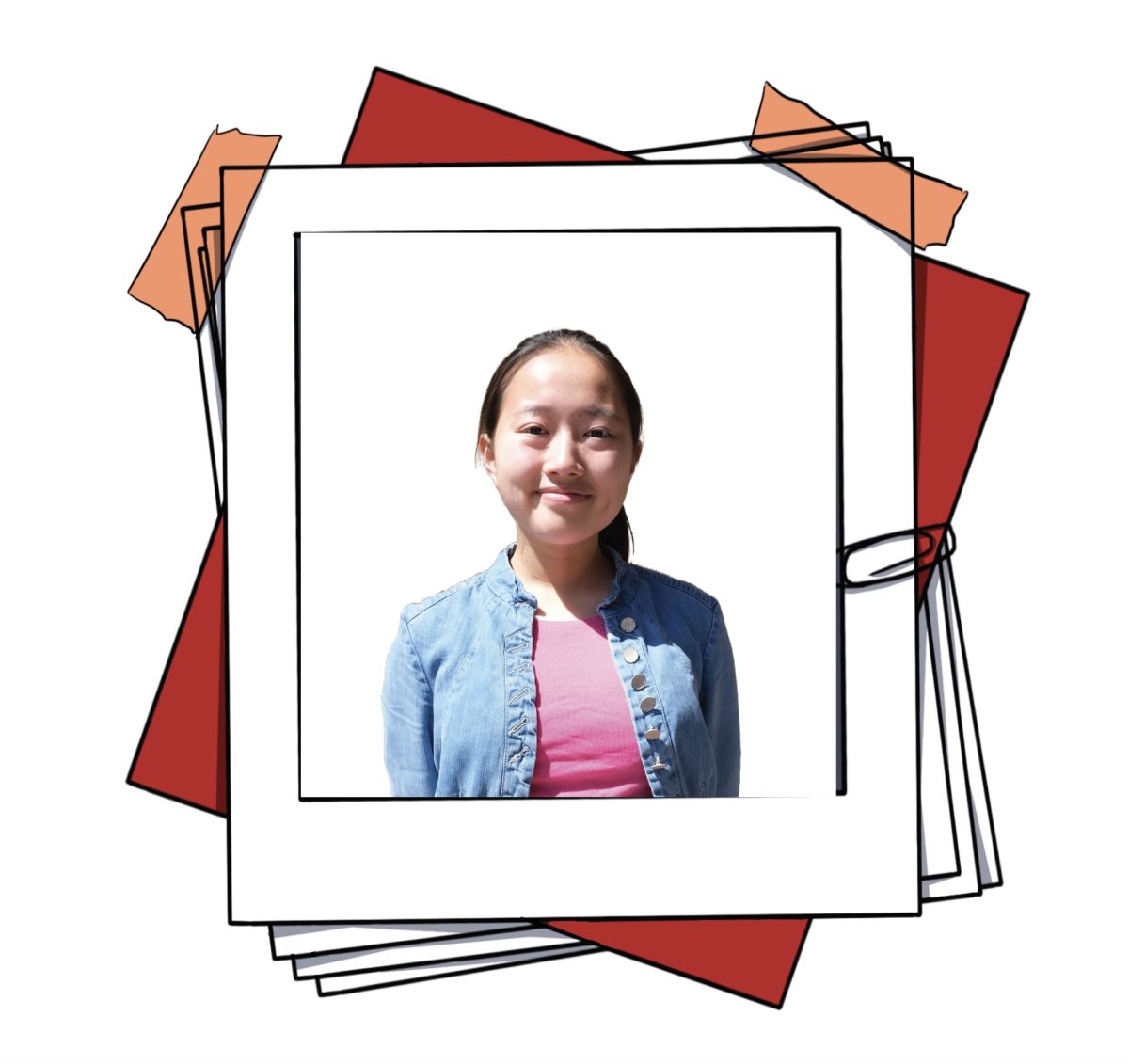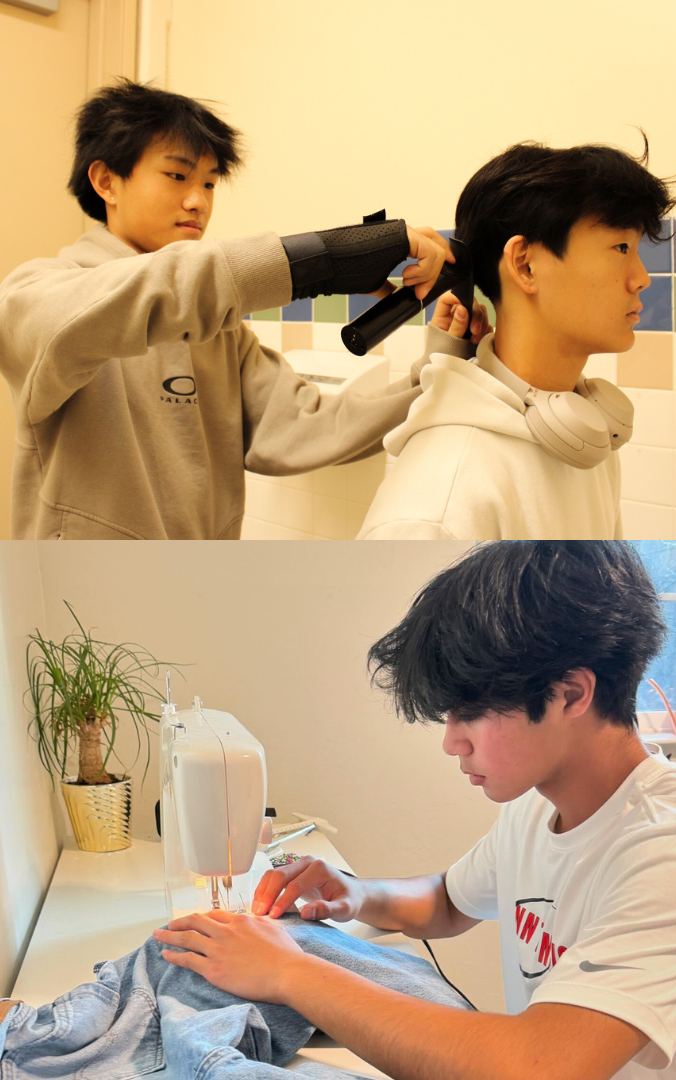Sophomore Rayla Chen opens her mail box to discover letters instead of report cards, advertisements and other packages. Inside the letters, she finds herself teleported to France through the writing of her international pen pals.
In an era where technology often mediates our interactions with others, Chen’s choice to engage in letters allows her to put more thought into her communication than a simple text.
“I’ve done two pen-pal programs,” she said. “The first one was in eighth grade and I was paired with a girl who lived in the French Alps. We talked for a bit online before we started writing to each other. I wrote to her in French and she wrote to me in English.”
This program was orchestrated by her French teachers and their English teacher friends in France. Although not participating this year because her teacher chose not to, Chen was involved during her eighth grade and freshman year.
Teachers paired students up with someone from their partner class in the other country, and in cases of unequal class sizes, someone may be required to write two letters. From there, students received basic information about their pen pal and gave teachers the letters to mail out — beginning the exchange cycle. Through the program, Chen matched with many students from diverse backgrounds whom she wouldn’t have had the chance to meet otherwise. One example of this enlightenment is her second pen pal — Clemence from Albi, a village in the South of France.
“I exchanged social media with (her), and despite only having one semester to communicate, (found out she was) a very lovely person,” she said. “She’s a tri-athlete and she’s super cool.”
For Chen, every envelope that arrives creates a new and lasting friendship, as well as an opportunity to explore unique experiences. Regular curriculum is taught through an outside perspective with basic grammar and textbooks, while the letters take those skills to a more advanced level. They help improve her understanding of foreign lifestyles and cultures and enhance her knowledge around language use.
“(The pen-pal program) enriches your class experience a lot more because you get to see the culture a lot more and you get to learn first-hand what life is like in the country of the language that you’re speaking,” she said.
Pen-pal programs also opened Chen’s eyes to the cultural differences in other parts of the world andhelped her learn how to adapt to them. Each letter unveiled new perspectives and ideas from France, allowing Chen to experience the country through a mere piece of paper.
“I’ve definitely learned more about French culture, and when I did my exchange program with the Council on International Educational Exchange over the summer, I had my pen-pal programs before that,” she said. “Learning about French culture through someone who was living there actually helped me a lot during my exchange because I got to learn about French customs a lot and adapt there quicker.”
Chen also emphasizes the importance of keeping contact with others around the world as a way to connect, meet new people and expand one’s horizons.
“I think that all language students should do pen-pal programs because you’re able to immerse yourself into the culture a lot better and you’re able to learn the language and cultures a lot better,” she said. “It’ll open your eyes up to the world a lot more.”













